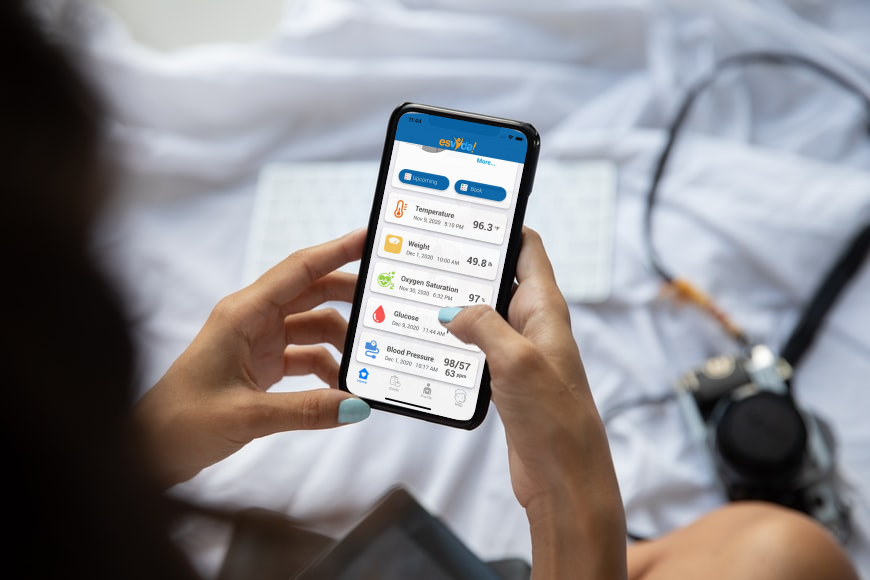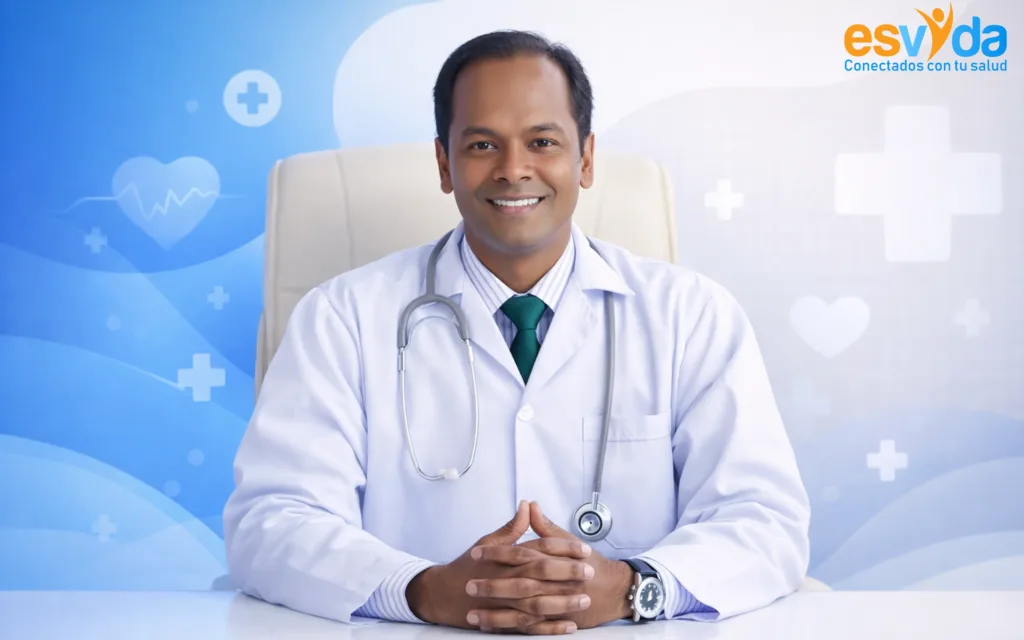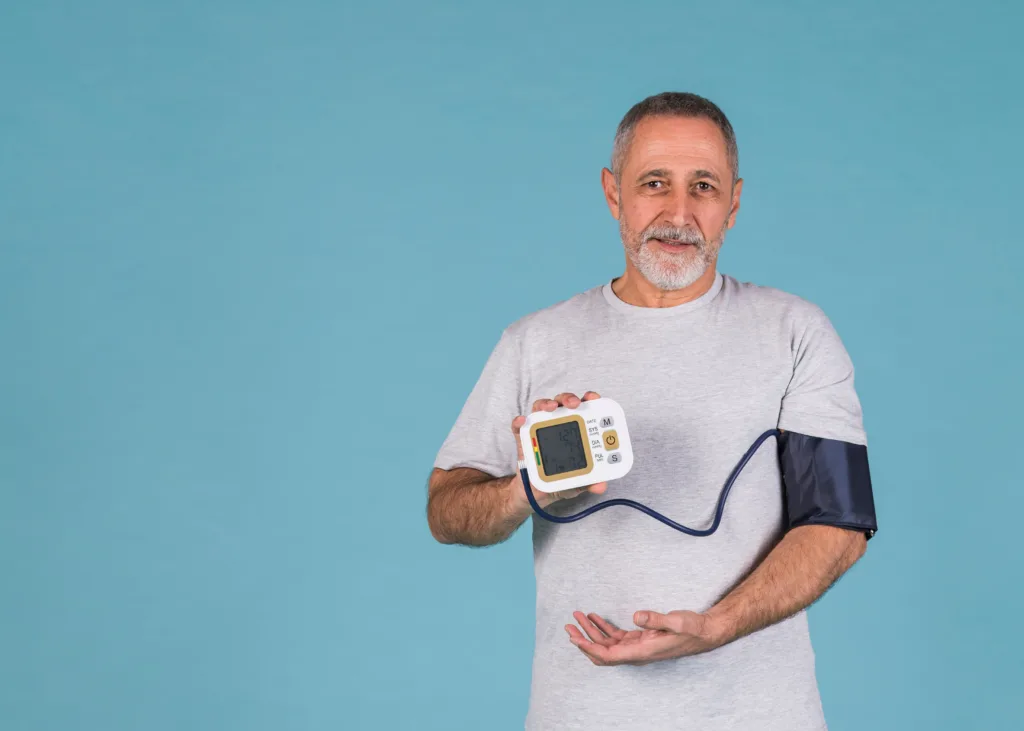Nowadays, mothers have more responsibilities. Society is demanding more tasks for them, like caring for their children, performing important jobs that require lot of time, spending time with their couples and perhaps taking care of their parents.
Healthcare field is not an exception where doctors, practice managers, clinical staff and CEOs are mothers as well. They must divide time between caring for their patients and their families. The increasing burden of stressful situations may increase the risk of suffering several diseases.
Women, specially mothers who spend all their time on others must be acknowledge about some common conditions they may suffer.

Heart Diseases
In US causes one in every four deaths in women. factors like high blood pressure, high cholesterol or smoke may contribute to the disease.
Regarding the symptoms, sometimes women may have no symptoms, others feel pain in the neck, jaw, throat or pain in the upper abdomen or back, which is called angina. These may happen doing physical activity, while resting, or under stressful situations. Additionally, the chest pain experienced by women is more described as sharp and burning.
Heart disease may be
sometimes undiagnosed
until a woman starts
experiencing signs of a
heart attack, heart
failure, an arrhythmia, or
stroke.
- Stroke
- Heart Attack
- Heart Failure
- Arrhythmia
They are called “suddens” because they come on very suddenly.
Symptoms may include:
- Numbness or weakness/paralysi (inability to move) of face, arm or leg, especially on one side of the body
- Confusion, trouble speaking, or understanding speech
- Trouble seeing in one or both eyes
- Trouble walking, dizziness, loss of balance or coordination
- Shortness of breath
- Loss of consciousness
- Severe headache with no known cause
Sometimes these symptoms are not considered to be part of a stroke that is why treatment is not on time. Only if symptoms are recognized and treated within three hours, treatments may take effect.
Women must be careful about the signs of a stroke, because it needs immediate attention. Stroke is the number 4 cause of death in US. And the leading cause of severe long-term disability.
It includes chest pain or discomfort, upper back pain, indigestion, heartburn, nausea/vomiting, extreme fatigue, upper body discomfort, and shortness of breath.
Shortness of breath, fatigue, swelling of the feet, ankles, legs and/or abdomen
Arrhythmias may not cause any signs or symptoms however fast, slow or irregular heartbeats can be noticed.
Risk factors
- Have high blood pressure, LDL cholesterol
- Smoke
- Suffer from diabetes
- Present overweight and obesity
- Have a poor diet
- Are physical inactive
- Excessively drink alcohol
- They have family history
- Taking birth control pills. The greatest concern about using oral contraceptives is for women with additional risk factors
- Being pregnant. Stroke risk increases during a normal pregnancy due to natural changes in the body such as increased blood pressure and stress on the heart.
- Using Hormone Replacement Therapy (HRT), a combined hormone therapy of progestin and estrogen, to relieve menopausal symptoms.
- Suffering from migraine headaches with aura. Migraines can increase a woman’s stroke risk two and a half times and most people in the U.S. who suffer migraines are women.
Prevention
- Quit smoking
- Eat healthy and Include physical activity in your daily routine
- If you are obese, try to lose weight.
- Check your blood pressure, glucose and triglycerides regularly
- Limit alcohol intake to one drink a day
- If you are prescribed with medication take them according to instructions
- Fight against stress find healthy options to cope with that such as meditation, outdoor activities, Yoga, Taiichi or others
Cancer
Breast cancer is the uncontrolled increasing of cells in the breast. A tumor is formed by these cells. The tumor may be seen through an X-ray or it may be felt as a lump. If the cells grow into (invading) around tissues, it is called a malignant tumor (invade) or if it is spread (metastasize) to distant areas of the body. Breast cancer occurs almost entirely in women, however, sometimes men can get cancer too.
Women who have close blood relatives suffering the disease are at a High risk of getting the disease. Mother’s and father’s family history of breast cancer is important.
The American Cancer Society‘s estimates that 268,600 new cases of invasive breast cancer were diagnosed in women in 2019
Symptoms
- Swelling of all or part of a breast (even if no distinct lump is felt)
- Skin irritation or dimpling (sometimes looking like an orange peel)
- Breast or nipple pain
- Nipple retraction (turning inward)
- Redness, scariness, or thickening of the nipple or breast skin
- Nipple discharge (other than breast milk)
Detection
- Usually getting some screenings may help to detect the disease on time.
- Be aware of changes in your breasts.
- Women should do monthly breast selfexams.
- Get annual mammograms for women after age 40
- Ask about genetic testing for high-risk families.
Prevention
- Eat healthy.
- Include physical activity in your daily routine.
- Avoid alcohol intake
Digital Health Solutions for Women / Mothers.
Some studies say that women are demanding digital technology offerings that provide trusty sources of information related to women’s healthcare concerns.
But beyond concepts, they want digital solutions that motivate them every day, for any activity performed or to start performing it. Women want to take control of their own health, which means empowerment and at the same time to connect with others in the same field or issue, which is about communities.

Digital solutions in healthcare for women need to generate information and create a better sense of knowledge and expertise about their own bodies, illness and health, about their families and friends.
Women not only want to manage their health but also well-being overall on a more customizable level. From fertility to their children to post menopause care in an affordable way.
How Esvyda helps Women / Mothers.
Esvyda provides virtual solutions such as online consultations and remote patient monitoring of physiologic data such as vital signs and physical activity.
Our technology is agnostic and full customizable and integrates seamlessly in healthcare providers’ workflows, helping doctors to increase revenue, saving costs to the system through solutions that may treat patients on time or prevent diseases.
Our patient engagement strategies such as no-show strategies, secure communication and goals setting and follow ups, allow to engage patients in their best preferred channel.



